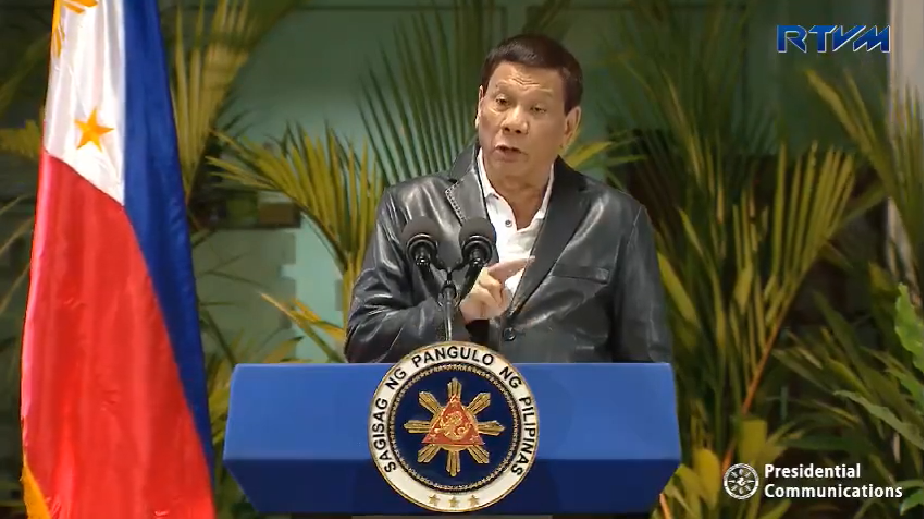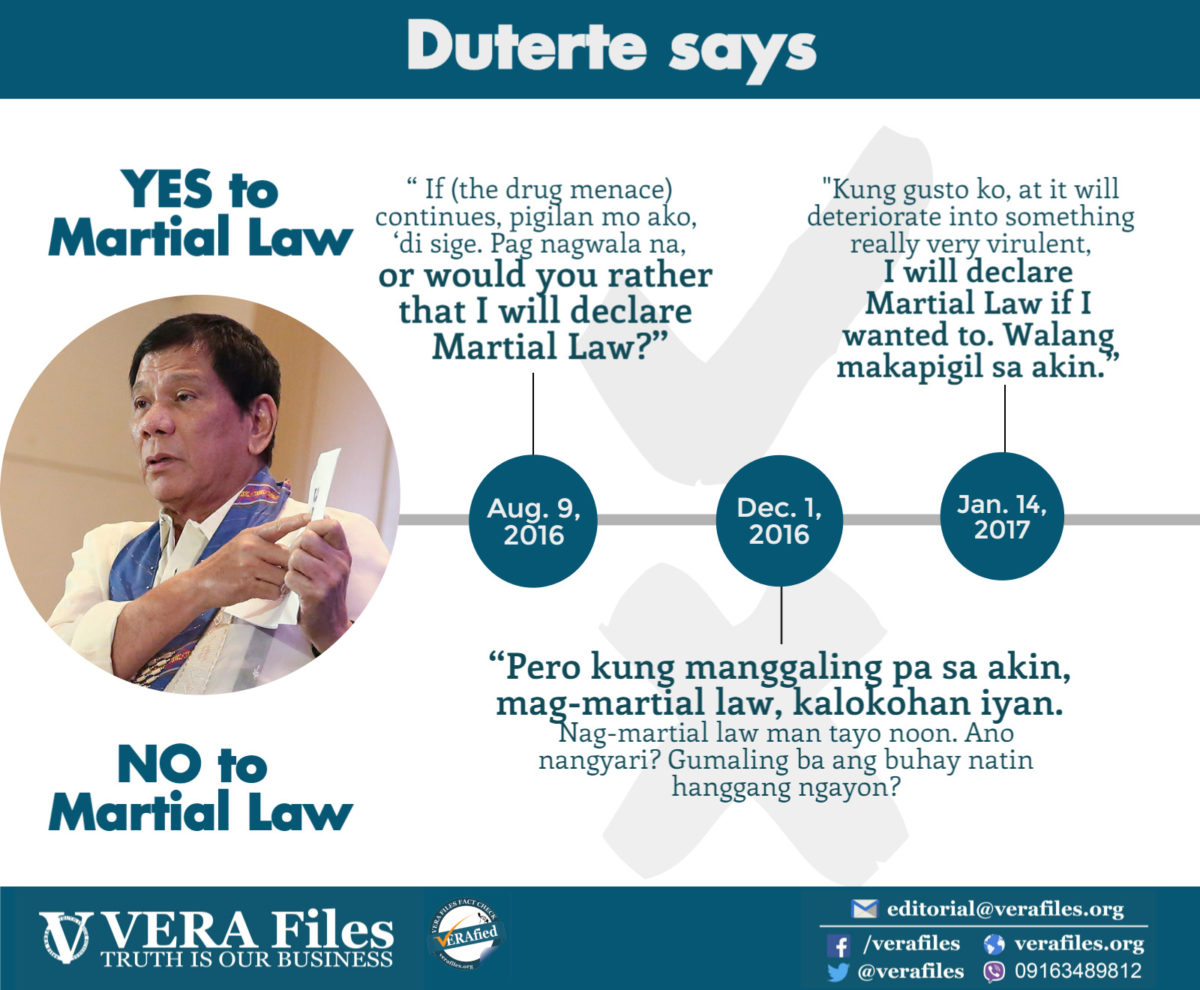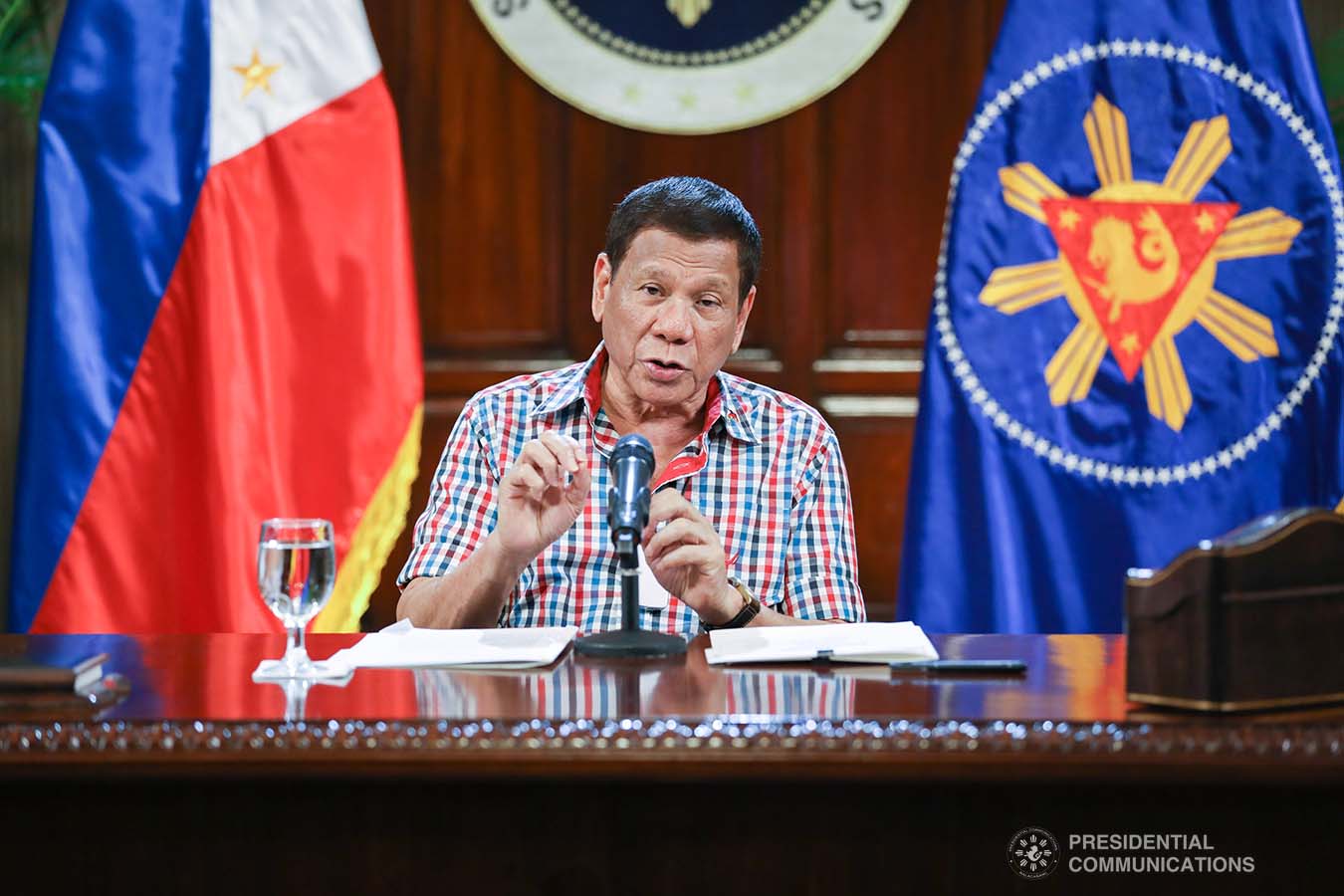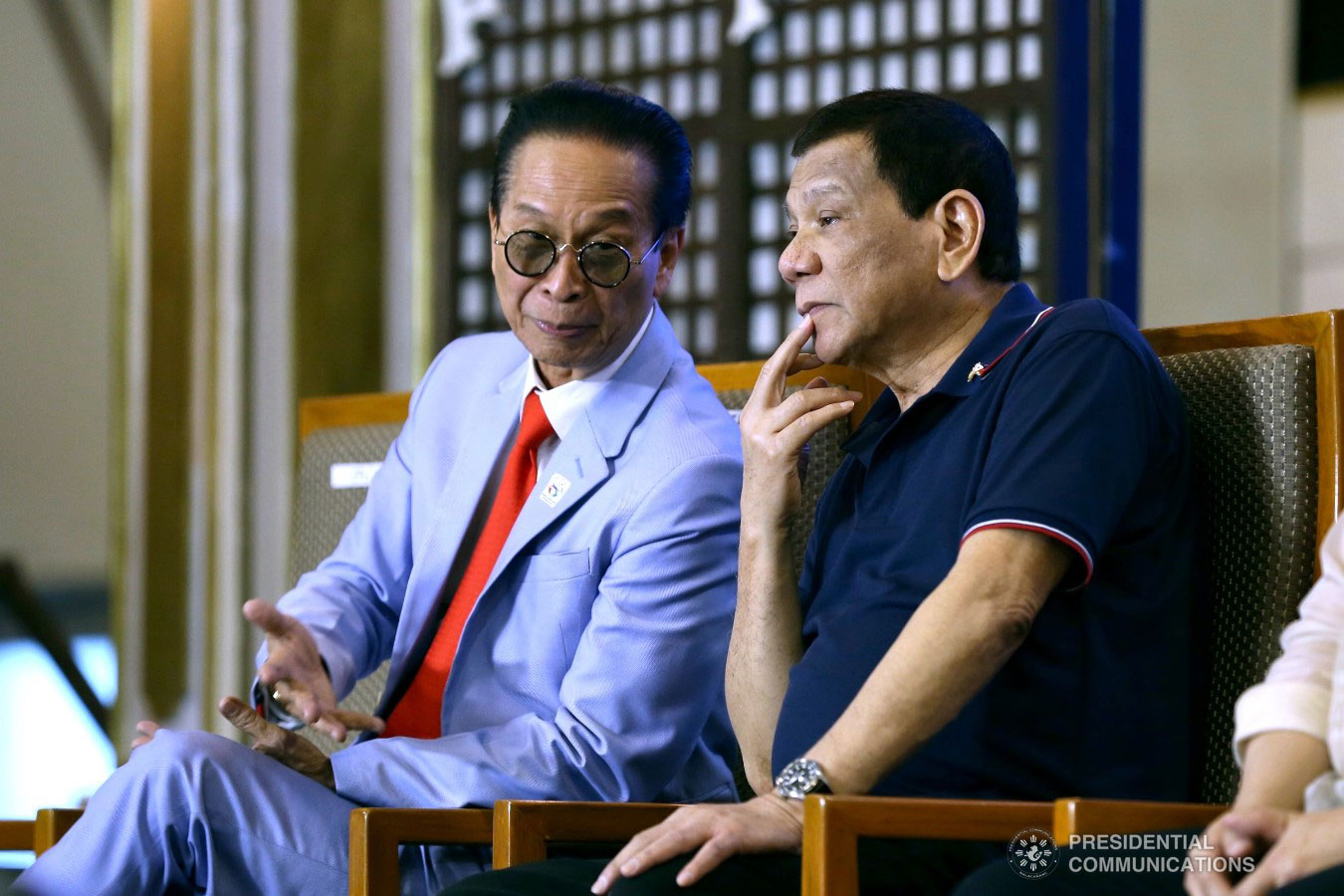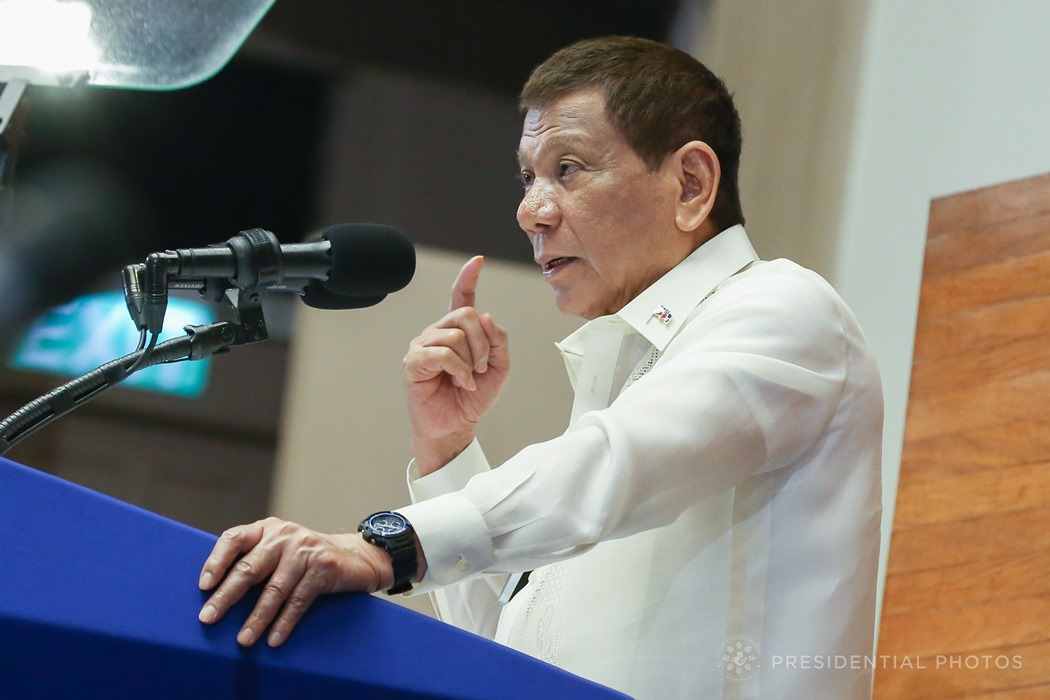President Rodrigo Duterte is wrong: declaring martial law is different from declaring national emergency.
STATEMENT
Duterte, warning he will “make radical changes in the days to come,” upon his arrival from South Korea June 5 said:
“Well, remember that there is- there’s no difference actually between martial law and a declaration of national emergency.”
Source: Presidential Communications Operations Office, Arrival Statement and Media Interview of President Rodrigo Roa Duterte upon his arrival from the Republic of Korea, Ninoy Aquino International Airport Terminal 2, June 5, 2018, watch from 37:13-37:24
FACT
Instructive of the difference is how the Supreme Court ruled on former president Gloria Macapagal-Arroyo’s Proclamation No. 1017 declaring a state of national emergency in 2006.
The proclamation, assailed by critics as a crafty way by Arroyo to avoid the constitutional requirements for the imposition of martial law, was followed by warrantless arrests of critics and seizures of publication articles.
The court ruled the Arroyo declaration:
“is constitutional insofar as it constitutes a call by the President for the (Armed Forces of the Philippines) to prevent or suppress lawless violence.”
Source: David v Arroyo, Supreme Court of the Philippines, May 3, 2006
Such “calling-out” power is granted the president, with the only criterion for its exercise that:
“whenever it becomes necessary, the President may call the armed forces to prevent or suppress lawless violence, invasion or rebellion… This involves ordinary police action.”
Source: David v Arroyo, Supreme Court of the Philippines, May 3, 2006
Yet, the court also ruled that:
“Every act that goes beyond the President’s calling-out power is considered illegal…”
Source: David v Arroyo, Supreme Court of the Philippines, May 3, 2006
The court ruled unconstitutional the other “extraneous provisions” of the proclamation that gave Arroyo powers to issue decrees; direct the armed forces to enforce obedience to all laws, even those not related to lawless violence; and impose standards on media.
These unconstitutional provisions were left out of Duterte’s 2016 Proclamation No. 55 declaring a state of national emergency in Mindanao following a bombing in Davao City.
In contrast, martial law is defined by Joaquin G. Bernas, one of the framers of the 1987 Constitution, as:
“essentially police power… What is peculiar, however, about martial law as police power is that, whereas police power is normally a function of the legislature executed by the civilian executive arm, under martial law, police power is exercised by the executive with the aid of the military… ”
Source: Joaquin G. Bernas, S.J. The 1987 Philippine Constitution: A Comprehensive Reviewer, p. 310
Martial law is subject to several constitutional checks, and Congress or the Supreme Court may revoke the proclamation. (See VERA FILES FACT SHEET: Explaining martial law)
Both Arroyo and Duterte had declared martial law: Arroyo in Maguindanao in 2009 following the Ampatuan massacre, and Duterte in the entire Mindanao in 2017 following the clash between the Maute group and government forces in Marawi.
Sources:
Supreme Court of the Philippines, David v Arroyo, May 3, 2006
Joaquin G. Bernas, S.J. The 1987 Philippine Constitution: A Comprehensive Reviewer. Rex Printing Company
(Guided by the code of principles of the International Fact-Checking Network at Poynter, VERA Files tracks the false claims, flip-flops, misleading statements of public officials and figures, and debunks them with factual evidence. Find out more about this initiative and our methodology.)
